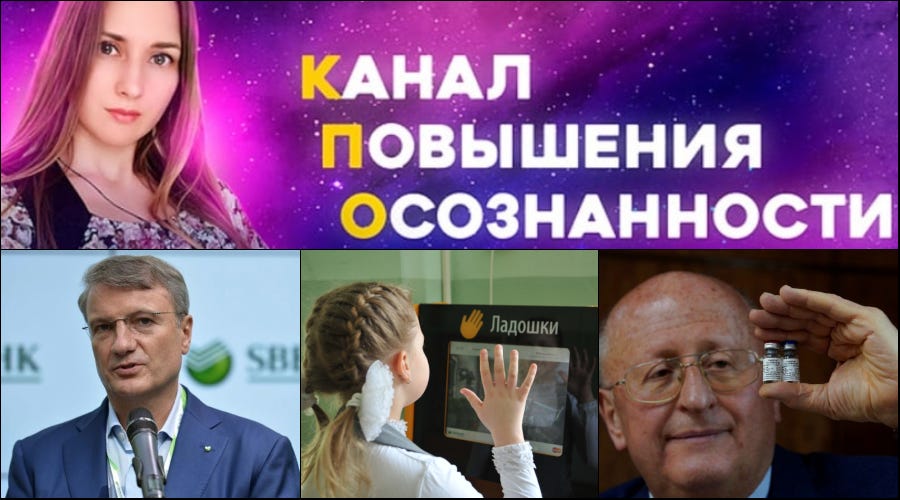
As someone who wanders the vast universes of English-language and Russian-language alt media, I find it odd that there is so little interaction between these two information ecosystems. Maybe it’s time to get better acquainted with each other?
If you are active on Russian-language Telegram, you might be familiar with Anna Rudneva’s “Raising Awareness” channel.
Anna describes herself as a “blogger-analyst” but she is much more than just that: With 17,500 followers on Telegram (her original channel was hijacked so she’s now rebuilding her Telegram presence), 185k YouTube subscribers, and a popular website, Anna has carved out her own information space in Russian alternative media.
I reached out to Anna a few days ago and asked if she would be willing to answer a few questions. She graciously agreed.
Anna, hello! First, can we learn a little bit about your background? Maybe you can say a few words about yourself, and what motivated you to start your media project?
Hi, Riley. I’ll give you a detailed answer so that your readers have a better idea of me.
I started my career, or rather my hobby as a blogger, back in November 2017, when I decided to post my thoughts on my then-abandoned channel. I had become fascinated with law, the study of Russian legislation. Although I am an economist by education—I have a red diploma [“red” meaning an honors student] from the State University of Management—that year in the Russian media space there was a boom of video investigations regarding the Russian Constitution, federal laws, and so on; it became very interesting for me to study this.
On this wave, I made a video about closing my bank account and correspondence with the bank—suddenly the video began to quickly gain views and subscribers for my channel, so I decided to continue. At first it was only periodic videos on YouTube—I primarily covered the topic of gray areas in Russian laws and how they affect our lives.
I began to gain a following. There is always an initial period of uncertainty when mastering a field—when you look around, adjust and gain experience, I also had such a period. Any accumulation of experience is not complete without road bumps—I’ve also had these.
I remember well the period when I went to meetings—public life was offline more than online back then. I personally got acquainted with those who headed social movements and unions of Russia. I made many new acquaintances and gained some practical experience.
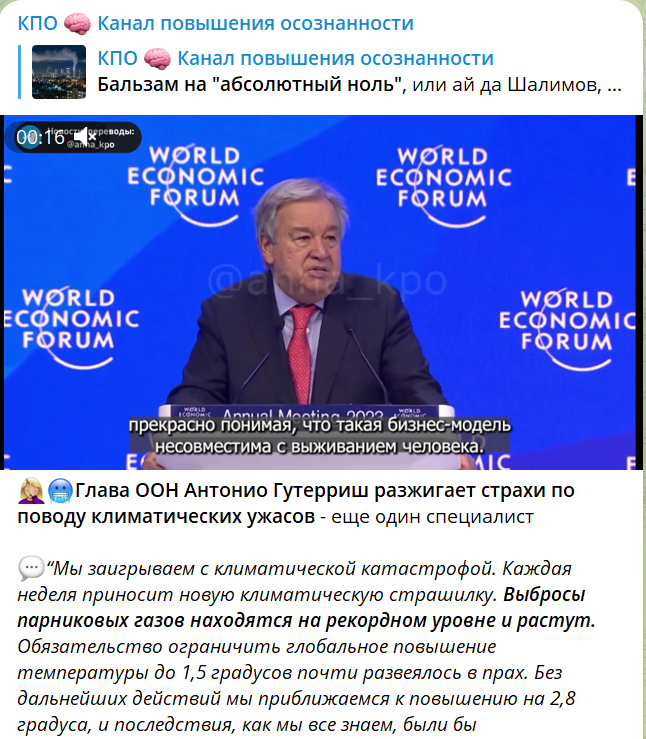
Then I decided to focus on independent analytics. In 2019 I had about 50,000 YouTube subscribers. I redoubled my efforts, and my viewers were receptive—together we tried to find answers to the main questions: “What is going on around us and where are we heading?”
The next impetus for the development of my media resource occurred, of course, during the pandemic, when the issue of protecting people’s rights was particularly acute.
What can I say? It was necessary for me, and not just for a hypothetical audience. I went to the store, and they threatened to “put a mask on me,” as well as others! Ha-ha.
Around this time I began to collaborate with lawyers who shared templates on how to protect personal rights [from “public health” restrictions]. I told my audience about what the current Russian legislation says about whether you can be forced to put on a mask in the store, forced to take an injection at work under threat of dismissal, and so on.
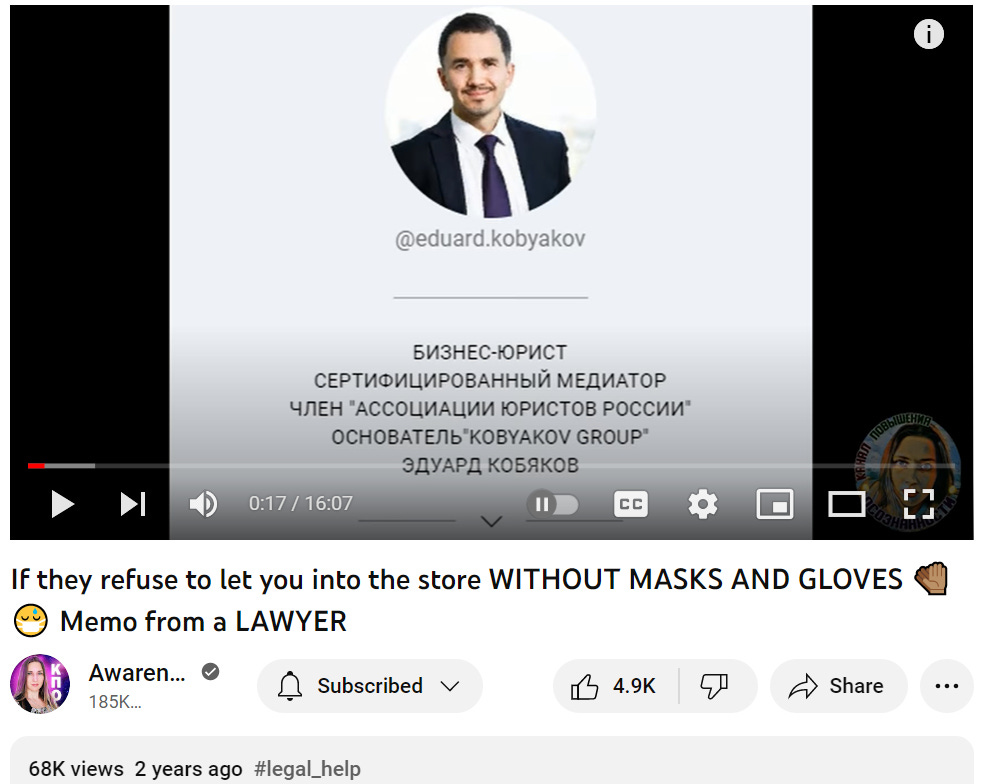
I actively engaged in studying other resources to learn about these fashionable injections, what was their composition, and what effects they had. I also found research in English and translated it into Russian.
My platform features a lot of translations—speeches from Davos, statements from doctors and scientists from universities around the world, and other materials that I bring to a Russian-speaking audience. I don’t focus only on my region—I offer independent analysis of current events in the world as a whole, with my own presentation and opinion.
By the way, through some channel in English, I got acquainted with your writings, Riley, and I brought some of your work to my audience. Your work on the issue of digitalization, and investigations into our Sputnik V, are very high–quality material, thank you for it.
You have a popular Telegram channel, website, and YouTube channel—do you think Russians are becoming more interested in alternative views?
I can speak only for myself and my audience.
But when lawlessness spread in our country during the pandemic, I noticed that among those around me, there was a sense of sustained distrust in everything that was happening.
It can be said that yes, when you are oppressed, when the basic rights (to life, freedom of speech, the right of movement) are taken away, many become motivated to consider alternative views of what is happening, different from what is said on TV.
Unfortunately, on our Russian TV in 2020-2021 they said the same thing as in the rest of the world. And this began to lead to the first vague ideas that something was wrong in the world as a whole, and in my country in particular.
So I can only answer for my audience—yes, they are only interested in alternative news. Not one-sided propaganda, but an outside view. So together we study events and try to understand what is really happening.
You’ve published several articles and videos criticizing the Unified Biometric System (UBS). There is a lot of contradictory information about this legislation. If you read state media, the law was allegedly designed to “prevent the forced collection of biometrics.” But it seems you (and many other Russian activists, journalists, and commentators) think this is misleading. Can you explain why?
Yes, there was a lot of noise about this law.
It is worth saying that the period between 2020-2021 revealed a lot to me personally, and to people all over the world. And what we observed at that time was the brazen pushing of the law on QR codes that nobody needed in Russia.
I saw an amazing unity of people in opposition to this unnecessary initiative to introduce QR codes. The mass uproar and public appeals of people (some of whom were intimidated and fined for attending “illegal” rallies)—all this somehow influenced the fact that the law on QR codes was never adopted.
After the start of the movement against the law on the UBS, people hoped for the same effect—they wrote an appeal to our legislators in the hope that the law would be stalled; but it did not help.
We also saw how the bill’s sponsors changed tactics, which you mentioned in your question. The legislation began to be described in the press as an act of “protection from the forced collection of biometrics,” but people were not so easily reassured.
Further appeals were made in the hope of protesting against the adopted law. But this time the miracle did not happen—the president signed the bill.
I should note that the unanimity that united people in 2020-2021 in terms of protecting their own rights began to crack at the seams in 2022, for obvious reasons.
Personally, I witnessed some who fought against QR codes support the new UBS law. I do not share their views. I fully agree that there was no great need for its adoption—which could only be rationalized if you close your eyes to the rest of the world and believe in the thesis that Russia has embarked on a completely independent path.
Well, if this is true, what about the “Digital Economy” program, which the opponents of the UBS have been talking about so much, and which is so similar to the programs of the World Bank? And why is there so much interest in pushing digitalization at school? And why is Herman Gref always lurking behind these initiatives—we know whose book he wrote the preface to [The Russian-language edition of Klaus Schwab’s The Fourth Industrial Revolution], and what technologies he is a fan of.
Yes, sometimes I want to believe in a fairy tale. In principle, I do not like either unreasonable calmness or excessive panic. Therefore, after the inevitable signing of the law on the UBS, I just waited.
In Russia, they joke: “we will see.” And what do you think happened? People started writing to me, saying that they were being asked to consent to the processing of biometric data, with the wording: “otherwise quit.” The same as in 2021 [during “voluntary-compulsory” vaccination].
It's not that I really wanted confirmation of my bad forebodings, it’s just the reality, and this reality, I admit, is frustrating.

How can this law be evaluated positively when people write to me that they are already being forced to hand over their biometrics with threats of dismissal? We have already experienced this in 2020-2021—did we not learn from this experience? Personally, it’s enough for me.
In western alternative media, Russia is sometimes portrayed as a fierce opponent of the Great Reset agenda. Many westerners look to Moscow for hope, and some become upset with me when I point out that the Russian government continues to pursue many of the same anti-human policies (like COVID “vaccines”, digitalization, etc.) that we see in the West. What do you think? Is the Russian government actively resisting the Great Reset?
I do not know who portrays Russia in this way—perhaps they have their own motivations for such thinking.
I’ll say it again: I am interested in practice, not theory. Returning to my description of what was happening in our country during the 2020-2021 pandemic, I can safely say that I did not sense Russia was following some special or separate path.
Rather, reading and watching videos on social networks, I saw that much of what was happening here coincided with what was taking place worldwide—Russia adopted the same “health protection” measures, which had little to do with true science.
In Russia, the unvaccinated were also unlawfully threatened, but the people who committed these crimes were never charged under the Criminal Code of the Russian Federation. We also faced enormous pressure in the media here. Just as in the West, people who just wanted to better understand what was happening, and ask uncomfortable questions, were made outcasts.
I have an excellent memory, and remember who incited discrimination against those who did not want to be vaccinated; these talking heads are still sitting in the same places.
By the way, about unvaccinated Russians being indefinitely suspended from work: I have heard that in many countries, those who were sent home for refusing to be injected have been permitted to return to their jobs.
During the pandemic years, my channel reported on a group of activists defending their rights in court after being unlawfully dismissed from work due to their vaccination status. Imagine my surprise—some of these unvaccinated people are still barred from working. They still give interviews to the press and write appeals to the president.
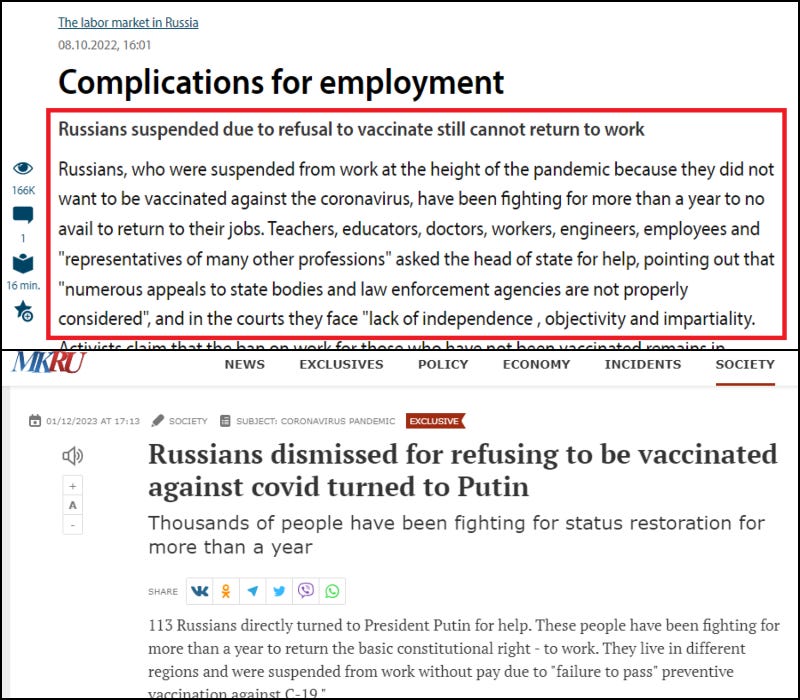
Hearing about how people have lived without a salary for a year, it’s hard for me to believe in some kind of mythical resistance to the Great Reset.
In general, it's not about Schwab, but about being subjected to what they promote at Davos. Just one recent example: Language about “carbon footprint” was recently found in legislation of the Russian Federation.
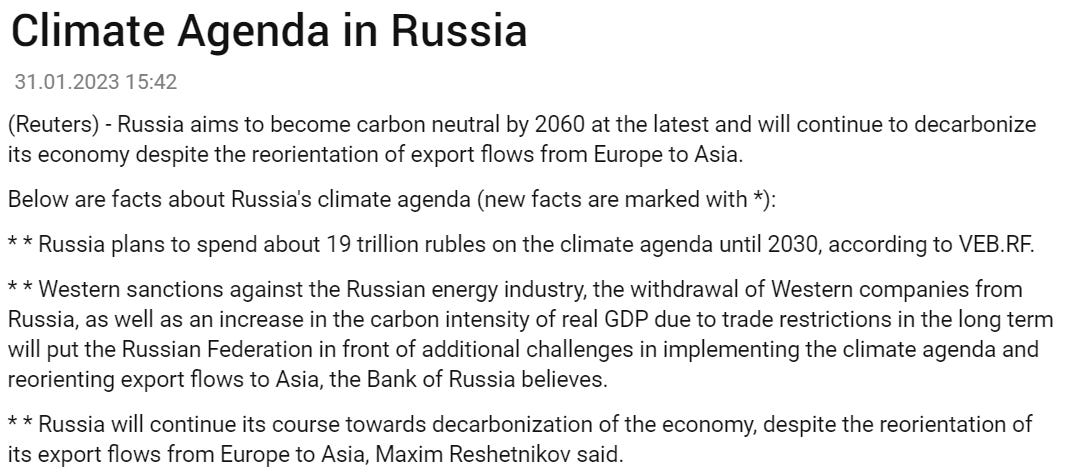
This trend is also seen in the private sector. In Russia we have a popular app for selling our old things, called Avito. My subscribers reported that they were receiving notifications about how using this service was allegedly reducing their carbon footprint.
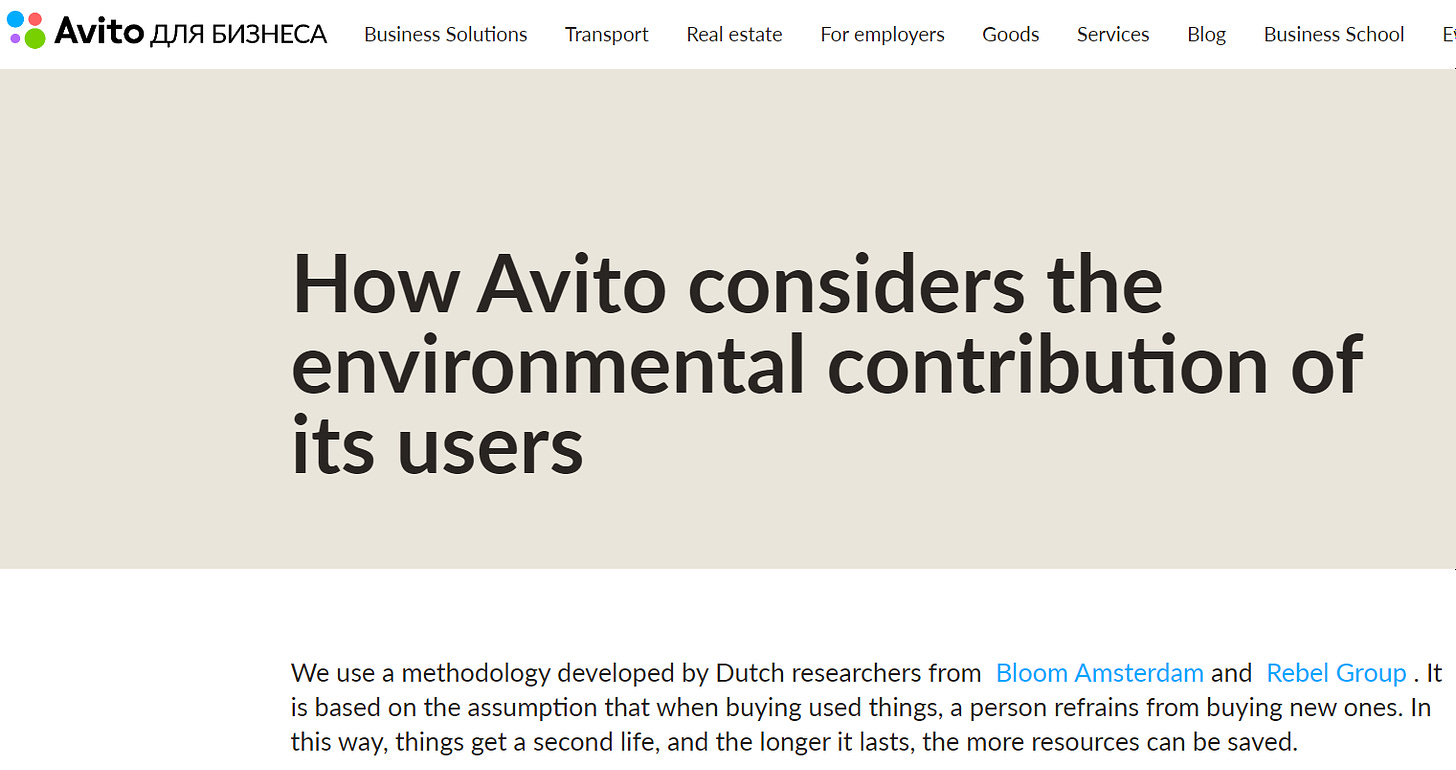
Did they discuss climate and carbon footprint as one of the priorities of this very global gathering at the Davos forum? Yes. What conclusion do you suggest I draw from this?
When such parallels cease to exist, and medical terrorism from the WHO stops tormenting us—yes, then I’ll say Russia has fought the Great Reset.
I don't like empty conversations, I like results and only try to evaluate them.
The interview was edited for length and clarity. Thank you again to Anna for taking the time to chat!
For those interested in expanding their Russia-watching horizons, follow Anna on Telegram and YouTube—and bookmark her website.





Thank you, that was an interesting interview. It's disheartening to hear that Russia is pursuing key WEF policies. It's getting harder and harder to retain bodily autonomy, privacy, and independence.
Thanks so much for conducting this interview and highlighting Anna Rudneva’s work. Like her, when we look at those who are promoting the idea of Russian government supposedly standing against the Great Reset policy agenda, given that it seems to be leading on many of them, notably CBDC, I too wonder if these Western commentators "perhaps they have their own motivations for such thinking."